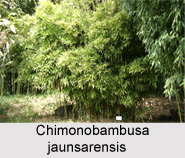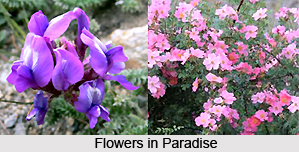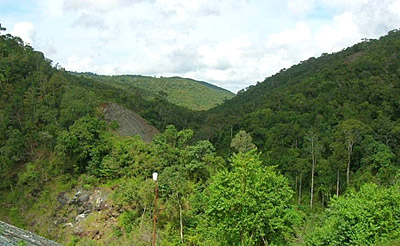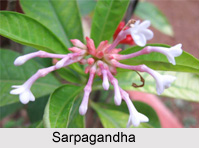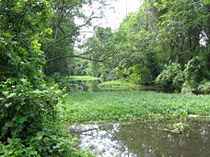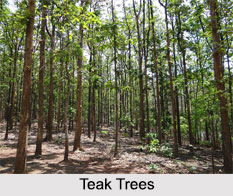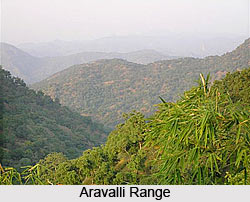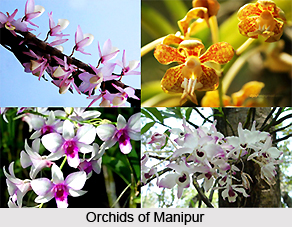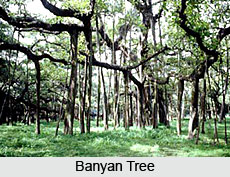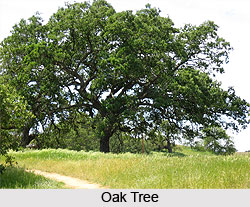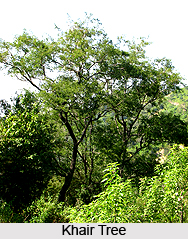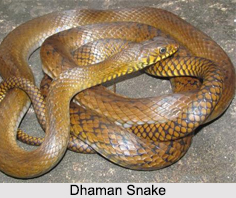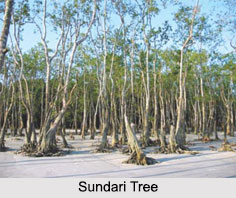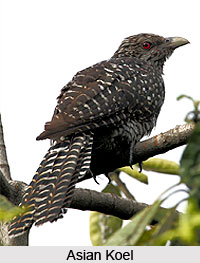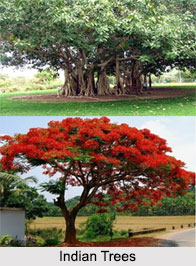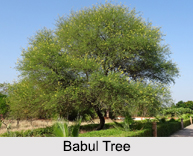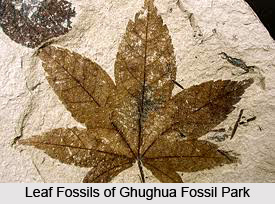 Ghughua Fossil Park is renowned for its numerous plant fossils which are spread over the villages of Umaria and Ghughua in the central Indian state of Madhya Pradesh. From the diverse types of plant fossils, only 31 genera of 18 families have been identified in Ghughua Fossil Park. The present site of Ghughua Fossil Park was established by a statistical officer of Mandla known as Dr. Dharmendra Prasad during the 1970`s, who was also the honorary Secretary of the District Archaeology Unit. Eventually, the region was officially declared as a `national park` during 1983. The geographical coordinates of Ghughua Fossil Park is 23 ° 7 minutes north and 83 ° 37 minutes east. Shell fossils and fossils of various leaves, fruits, plants and seeds are present in the Ghughua Fossil Park which are as ancient as 65 million years. Palm fossils in Ghughua Fossil Park are the most significant of the fossils.
Ghughua Fossil Park is renowned for its numerous plant fossils which are spread over the villages of Umaria and Ghughua in the central Indian state of Madhya Pradesh. From the diverse types of plant fossils, only 31 genera of 18 families have been identified in Ghughua Fossil Park. The present site of Ghughua Fossil Park was established by a statistical officer of Mandla known as Dr. Dharmendra Prasad during the 1970`s, who was also the honorary Secretary of the District Archaeology Unit. Eventually, the region was officially declared as a `national park` during 1983. The geographical coordinates of Ghughua Fossil Park is 23 ° 7 minutes north and 83 ° 37 minutes east. Shell fossils and fossils of various leaves, fruits, plants and seeds are present in the Ghughua Fossil Park which are as ancient as 65 million years. Palm fossils in Ghughua Fossil Park are the most significant of the fossils.
It is believed that the oldest fossil of its types has been discovered at Ghughua, called `Eucalyptus Fossil`.
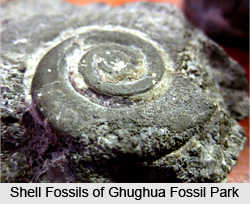 The Eucalyptus fossil originally belongs to Gondwana and dinosaur egg fossil are amongst the impressive fossils of Ghughua Fossil Park. This national park is based on National Highway 11 and exists at a distance of nearly 76 km away from Jabalpur and 14 kms away from Shahpura. Semi evergreen forests and evergreen forests had once covered the vast expanse of the Ghughua Fossil Park, as is suggested by the fossils existent in this park. Such forests bore a sharp resemblance to those found in north-eastern India and also the Western Ghats.
The Eucalyptus fossil originally belongs to Gondwana and dinosaur egg fossil are amongst the impressive fossils of Ghughua Fossil Park. This national park is based on National Highway 11 and exists at a distance of nearly 76 km away from Jabalpur and 14 kms away from Shahpura. Semi evergreen forests and evergreen forests had once covered the vast expanse of the Ghughua Fossil Park, as is suggested by the fossils existent in this park. Such forests bore a sharp resemblance to those found in north-eastern India and also the Western Ghats.
Moisture-loving vegetation in Ghughua Fossil Park is there inside the depths of the Ghughua region and during olden times, the climate of Ghughua Fossil Park was characterised by uniform temperatures throughout the year and a humid equatorial weather.
Realizing the importance of natural wonder near Ghughua Fossil Park, Government of India declared this place as a National Park in the year 1983. This place, Ghughua Fossil Park has a priceless treasure trove of plant fossils and this Fossil National Park is the largest Fossil Park in Asia and second largest in world as well.
